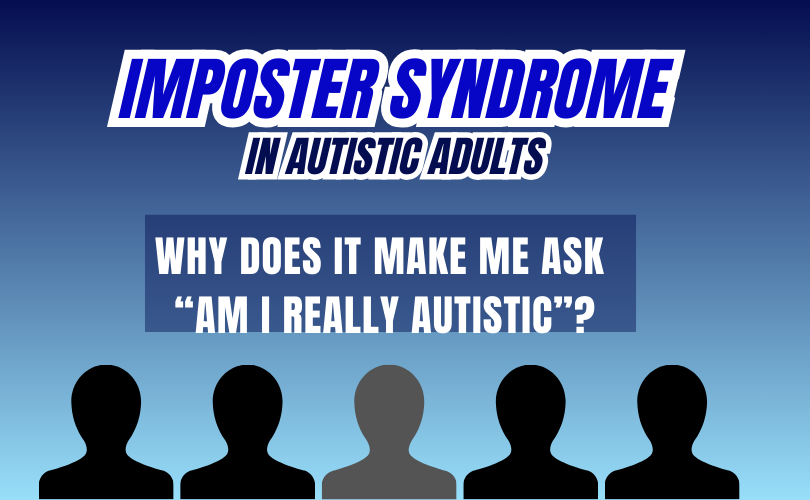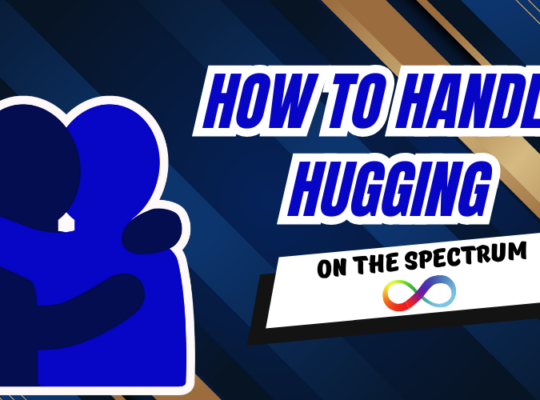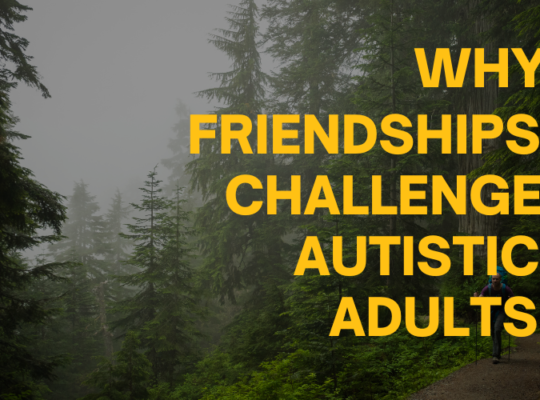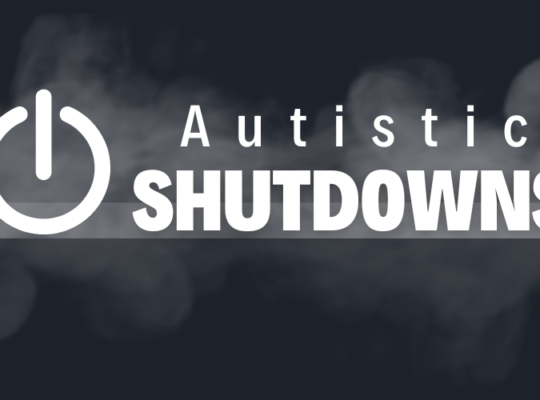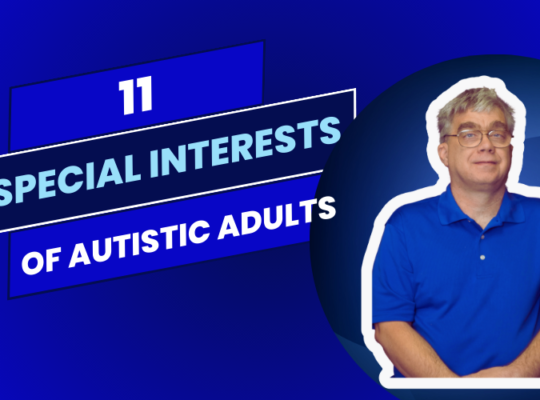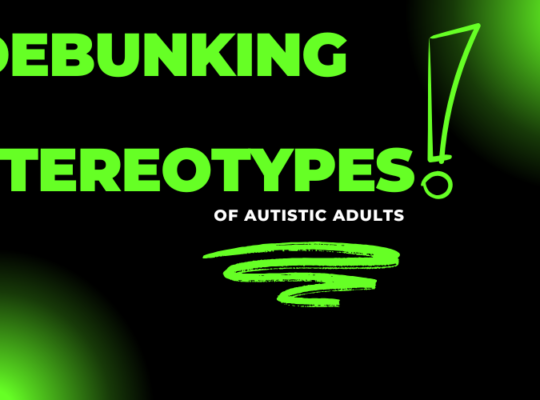Do you ever feel that you are lying to yourself and to the world when you say you are Autistic? This is known as imposter syndrome and is not uncommon for many of us on the spectrum, especially for those of us who are either level 1 Autistic and/or are high-achieving or striving for success.
Imposter syndrome is common among Autistic adults. Research suggests that autistic individuals are significantly more likely to experience imposter syndrome compared to Allistics.
Imposter syndrome refers to a persistent feeling of not truly being Autistic, despite a diagnosis. Imposter syndrome often leads to us doubting the validity of our numerous experiences that had given us the confidence to either self-identify as Autistic or to pursue, and possibly receive, a late diagnosis of Autism.
Imposter syndrome causes us to fear being “found out” as not genuinely neurodivergent, even if we are displaying clear Autistic traits, essentially leaving us to believe that we are faking our Autism and do not deserve the label.
Imposter syndrome may be triggered by combination of factors, including:
Masking
Many Autistic adults, like you and me, develop strategies to “mask” our Autistic traits to fit in with Allistics, which can create a disconnect between your internal experiences and how we are perceived by others. This often leads to us questioning whether our autistic traits are authentic which can cause us to feel like a fraud.
Fear of judgement.
We often worry that if we disclose our Autism, others may see us as “not really Autistic” as many of the misconceptions and stereotypes influence society’s image of what Autism should look like.
A Lack of Validation
What our friends, family and colleagues think often means a great deal to us. That is often because we know we are different from Allistics, and because the world is more than 97% Allistic, we are always feeling that we must fit in which often leads us to letting others tell us if we are right or wrong on any subject, including our Autism, because we have often “did things wrong” according to neurotypical standards.
Therefore, if our friends, family, or colleagues do not readily understand or fully accept our Autism, it can further reinforce our feelings of not being “Autistic” which fuels our imposter syndrome.
Social Stereotypes
Societies misconception about Autism, often portraying it as primarily affecting young white males, can make us feel as if we do not fit this stereotype, causing us to question if we are truly Autistic.
Comparing ourselves to others
As Autistics, we may desire to compare ourselves to others who are also on the spectrum. We often may compare ourselves to Autistic individuals portrayed in the media or we may compare ourselves to other Autistics we have encountered in our lives. These acts often lead to us feeling like we are not “Autistic enough”. If we do not share the same characteristics as the people we are comparing ourselves to, we may feel that our symptoms are not “severe enough” to either self-identify as Autistic or warrant a late diagnosis of Autism.
Late Diagnosis of Autism
For those of us who have pursued and received a late diagnosis of Autism as adults, we may struggle with imposter syndrome, as we may have spent years – if not decades – believing our challenges were due to other factors.
Achieving success
Because Autistic adults are often wrongfully stereotyped as underachievers, when we do achieve any form of success, it can trigger imposter syndrome as it is not something society sees as a trait of Autism.
How does imposter syndrome manifest in Autistic adults
We do not help ourselves when it comes to imposter syndrome. We can either create or fuel our own imposter syndrome by:
Dismissing our personal struggles:
When we minimize the impact of our Autistic challenge by thinking “it is not that bad” we may be unintentionally fueling our Imposter syndrome.
Attributing success to luck:
When we believe we did not earn our achievements, instead they were the result of external factors including help from others or pure luck, instead of our own abilities, we may be fueling our own imposter syndrome.
Regardless of if you are currently experiencing imposter syndrome, or just suspect you are an imposter when it comes to Autism, there are a few things you should do to help you get through it.
First, it is important to show yourself some self-compassion.
Engage in self-care and remind yourself that many other Autistic adults, just like yourself, experience imposter syndrome, and it is not a reflection of your actual autistic identity.
Additionally, if you are experiencing imposter syndrome you should:
Educate yourself about Autism
Learning about the spectrum and the wide range of Autism experiences can help you validate your Autism by understanding that each Autistic PERSON’S experience on the spectrum is unique.
Educate others:
When you share information about Autism with friends, family, and colleagues can help them better understand the challenges faced by you and other Autistic individuals while helping you validate your own Autism.
Advocate for yourself:
If necessary, create a more supportive environment by openly discussing your challenges and needs with employers and others. When doing so you will be building your self-confidence and Autistic pride, which will help you through the imposter syndrome.
Seek Professional Support
Seeking support is crucial when experiencing imposter syndrome. Therapy can help you understand the roots of your imposter syndrome and help you develop coping mechanisms. Talking to a therapist or a counselor who understands Autism can help you manage imposter syndrome.
Connect with the Autistic community
Seek out Autistic communities for adults on the spectrum. Finding your tribe (aka other people who are Autistic like yourself) who share similar experiences can provide validation of our Autism and the support you need during the period of your life known as imposter syndrome.

